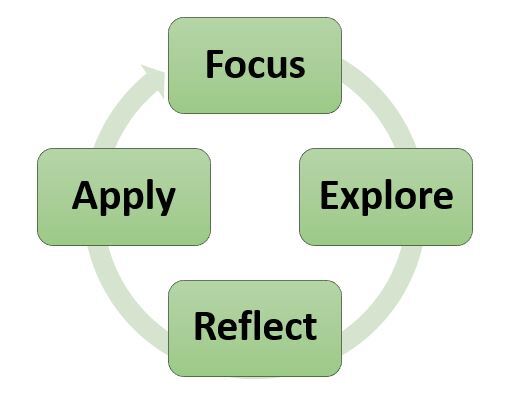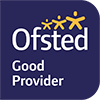Science
Filter By Subject:
Intent
- To make sense of the world and understand the relevance of science
- To develop a sense of excitement and curiosity about natural phenomena by asking questions.
- To experience high quality teaching and learning experiences that develop scientific enquiry and investigative skills.
Implementation
We implement this in school through a range of different strategies:
- Planning of science follows the four step FERA approach. Focus -on a concept, spark curiosity and determine prior knowledge. Explore -scientific phenomena that builds on prior knowledge. Reflect -on data and observations, return to prior ideas and clarify explanations. Apply -meaning and understanding of scientific concepts to apply to new situations.
- Learning across the curriculum is sequentially planned following The National Curriculum for Years 1 to 6 and in the understanding the world segment of the Early Years Foundation Stage we promote children’s independence, confidence and problem solving through play-based scientific learning.
- Science is taught one afternoon per week using predominantly PiXL resources with the addition of Grammasaurus, Twinkl and other relevant resources.
- Science lessons promote cross-curricular, practical and theory-based learning.
- Children will build up extended specialist vocabulary, relevant to their year group, which they will use accurately and precisely.

Impact
The impact and measure of this is to ensure children not only acquire the appropriate age-related knowledge linked to the science curriculum, but also skills which equip them to progress from their starting points, and within their everyday lives.
- Children will talk confidently about science using scientific rich vocabulary.
- Children will be curious about to find out how and why.
- Children will have the skills, knowledge and understanding of science to prepare them for wider life beyond school.
